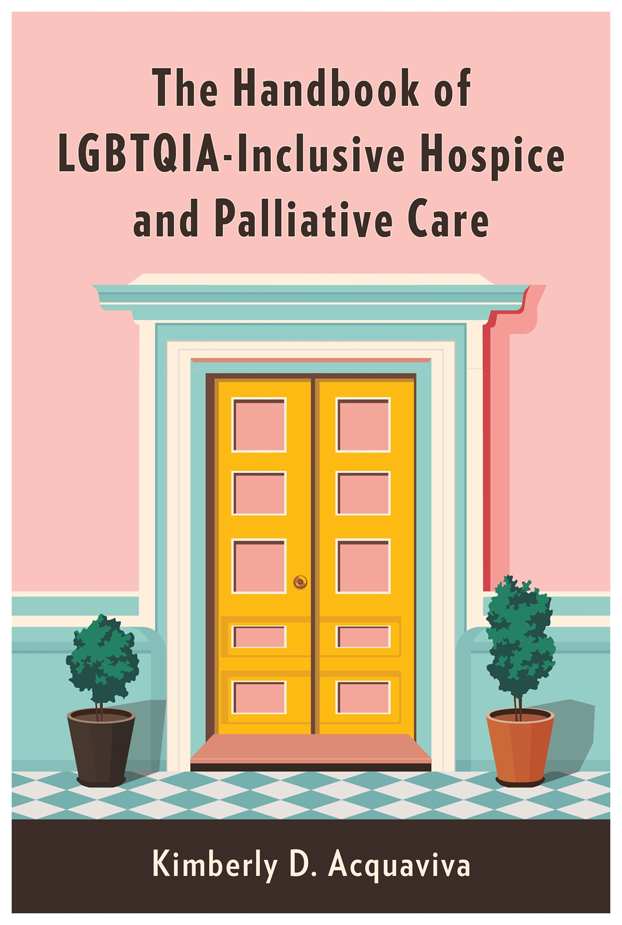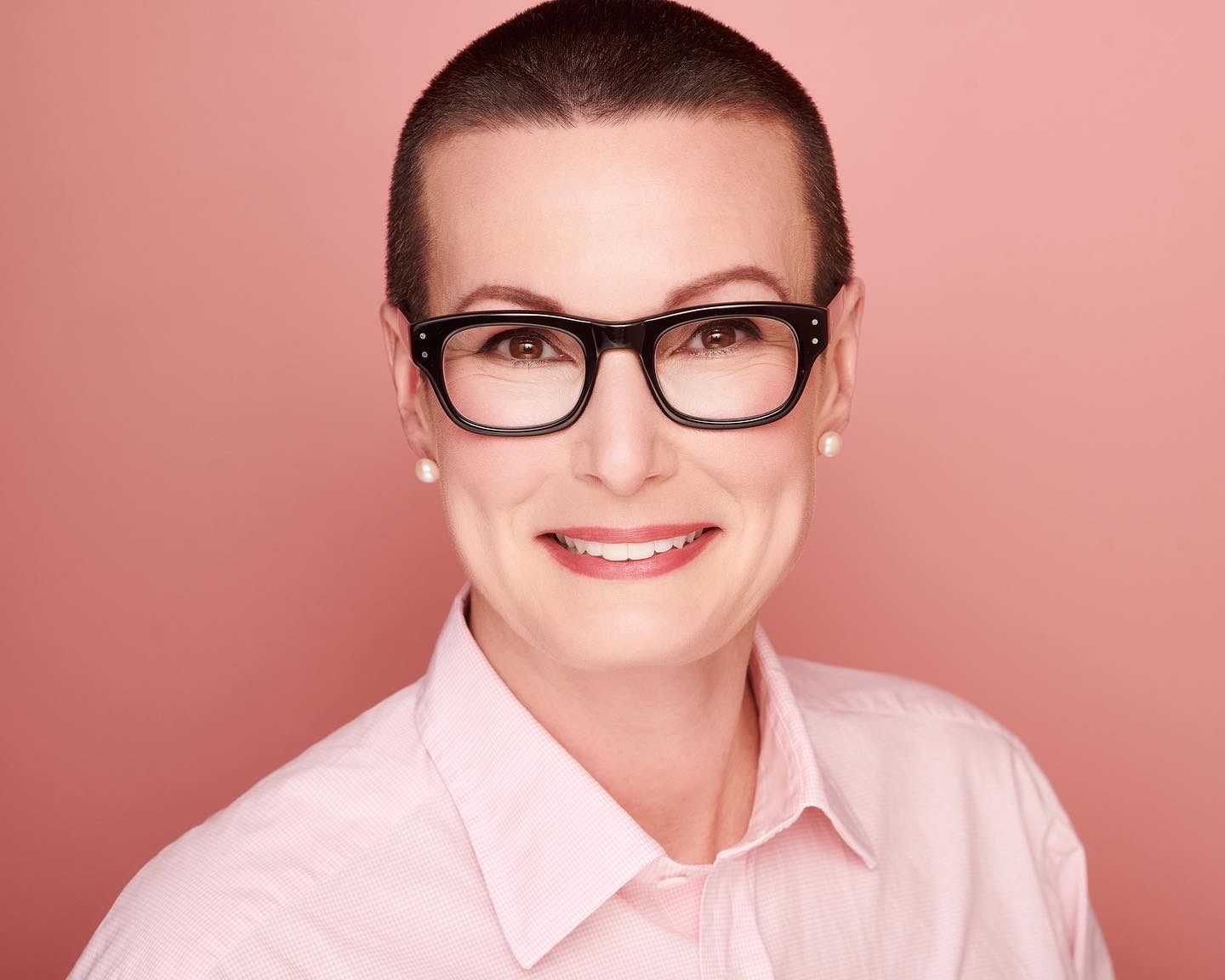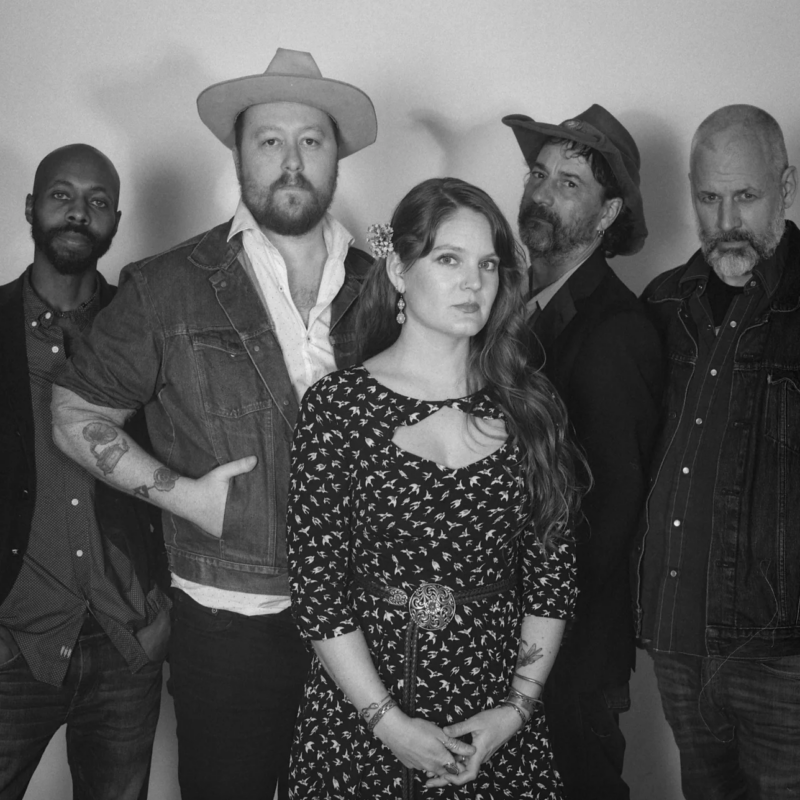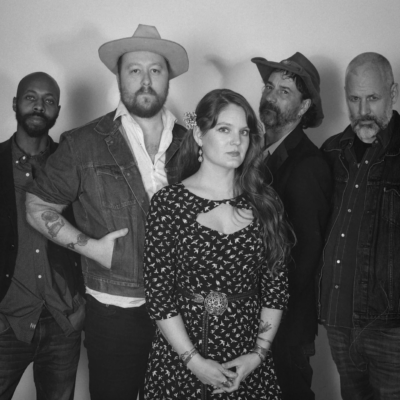Kimberly Acquaviva has strong advice for health care professionals caring for patients in the LGBTQ+ community, particularly those who need end-of-life care: “No patient should ever have a sense that they are being judged.”
Acquaviva, UVA nursing school’s Betty Norman Norris endowed professor, lectures nationally to try to change care approaches and minds. She recently put her expertise into writing with The Handbook of LGBTQIA-Inclusive Hospice and Palliative Care. What sets the handbook apart from other books for health care providers is that it uses everyday language, not an academic voice, to reach the largest audience. A broad reach, and an open mind, is essential to moving the conversation forward. Acquaviva points to a lecture she gave to homecare nurses in Washington, DC. “At the end of my presentation, a woman came up to me and said, ‘I’m going to change my practice based on what you said,’” recalls Acquaviva. “‘I still think you’re going to hell, but I’m going to stop telling my patients that they are.’”

Acquaviva often confronts the obstacles of opinion in her talks, offering: “It’s okay for people to have strong religious beliefs about homosexuality, and I respect their beliefs. No one needs to change their beliefs to provide exceptional care. What needs to happen is for those beliefs not to be apparent to patients.”
When her wife, hospice expert Kathy Brandt, was diagnosed with a swift, incurable form of ovarian cancer about five years ago, Acquaviva’s scholarly interests became deeply personal. Just after the diagnosis, the couple moved to Charlottesville in 2019 for Acquaviva’s job at UVA, and learned that Charlottesville didn’t have a hospice/palliative care center with an inclusive nondiscrimination statement that covered sexual orientation and gender identity. Some hospice leaders reached out to assure them that care would be excellent.
“We let them know we could not accept care until the businesses were inclusive for everyone,” says Acquaviva. In less than two weeks, all of the local hospices had expanded their nondiscrimination statements. Brandt died about a week and a half after that.
The new nondiscrimination statements were good progress, but not enough. In-depth training and actively seeking ways to become more inclusive are also important, and changes have happened. Acquaviva says she would now feel comfortable receiving care at any of the hospices here.
Statistics show that many places need improvement. A 2023 survey of 865 end-of-life health care workers found that more than 15 percent of them witnessed disrespectful or inadequate care. Forty-three percent reported discriminatory care of their spouses or partners. Examples include care that was denied, delayed, incomplete, or rushed; insensitive and judgmental attitudes and behaviors; and gossip and ridicule toward patients.
Acquaviva provides many scenarios showing why LGBTQ+ community members in particular may have special needs at the end of life. They might feel more vulnerable in their homes, especially if living alone. Some feel they have to take steps to hide photographs of their family life. They can’t predict whether caregivers will react or be judgmental, Acquaviva says. “We have an obligation not to cause suffering.”
There is still a lot of educating to do in terms of equality in quality care, she says.






